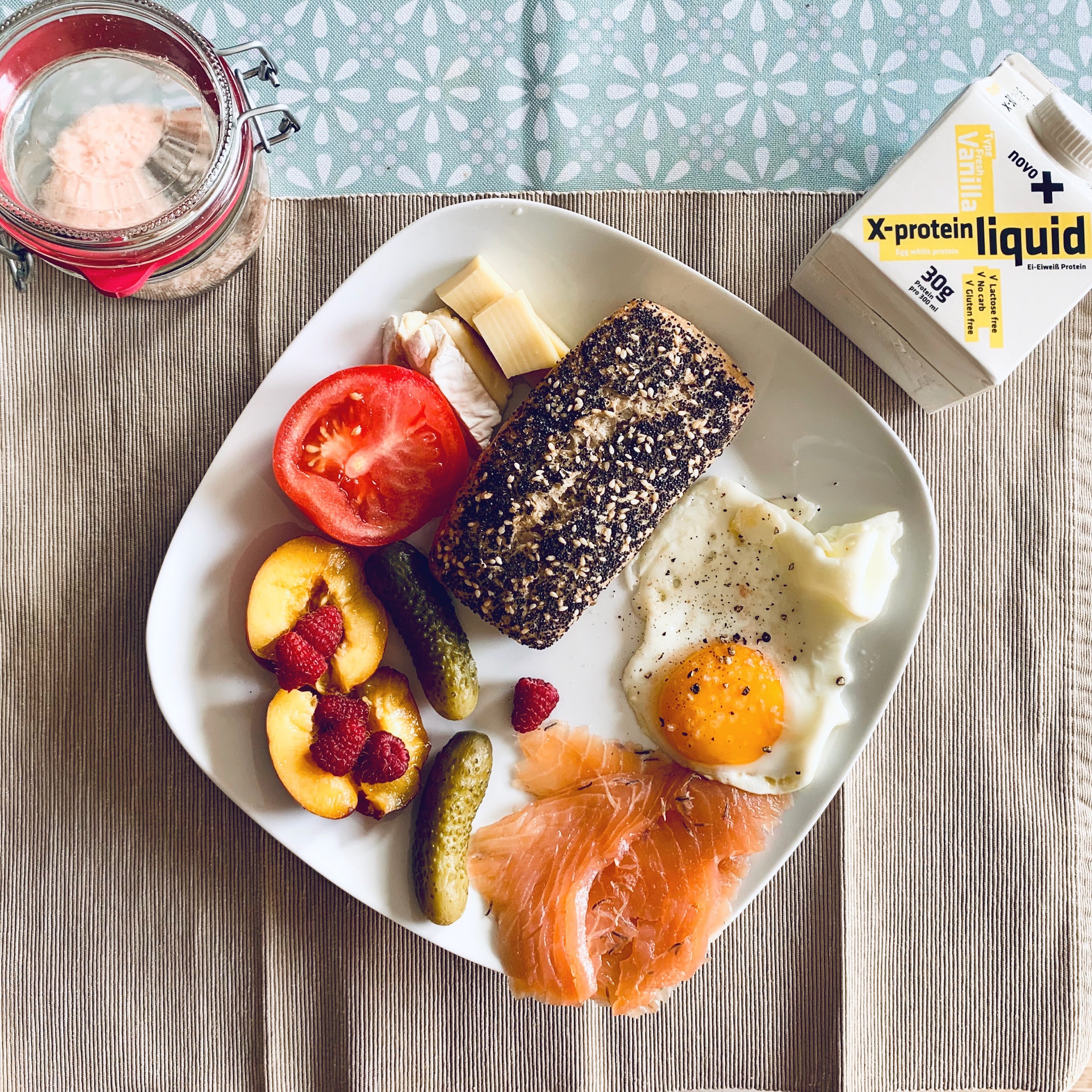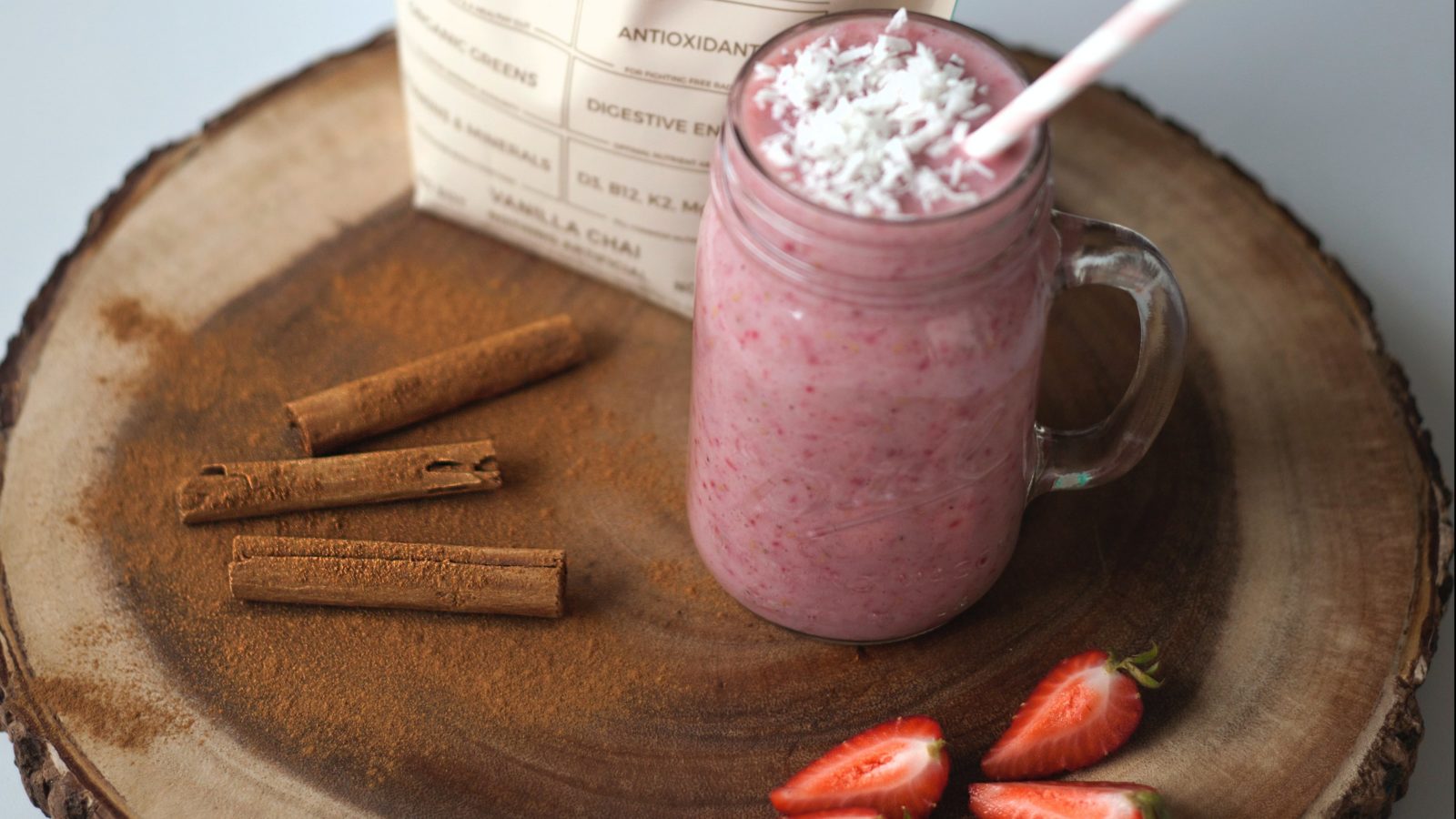We’re only more aware about certain nutrients because they have their significance attached to either making you look good or saving your life. One of such nutrients is protein, which has been hashtagged for (muscle) “Gains” and cutting body fat percentage.
The health and weight loss industry started moving towards products that would optimise this public obsession of a single nutrient. Well I’m not saying it’s a bad thing, we have such products in the market, but the idea of added protein for muscle recovery, to aid muscle, and for fat loss; which is only successful if you have moved your car out of the garage and tested it with some minor stressor. I’m talking about exercise. Without this acute stressor, there is no requirement of recovery. But no one tells you that effort is going to precede protein.
The only success protein has with achieving your fat loss goals is the total compensation of high GI carb that you may be consuming which spike your insulin levels and now with protein replacing that meal, the insulin and blood sugar levels are more stable. The solution is never elimination or replacement even. It’s just bettering up the nature and stability of the initial high GI meal if you want to sustain taste and nutrients for the rest of your life.
Answer: Stabilise your high GI carb. Adding fat, fibre, protein to this meal in a certain quantity takes care of its Glycemic Index. Example: a Boiled Potato will spike your blood sugars more than a fried potato will. Starchy truth bomb!

On the other hand, let’s talk about the idea of protein being more manufactured, more sold. Every blogger will tell you how important it is to have protein just so you can fall into the trap of following a blue link that makes you purchase a dabba of whey or a pound of poultry. Having whey or poultry moderately is great; pumping each meal with some added protein because someone getting paid per post told you to have it is where it all starts going wrong.
There was a time when food fat was banned and today it’s the hero shining away as golden liquid. Today is the time when protein is the hero, and we have almost moved to a time when the only protein gluten in wheat is being removed because apparently it’s not gut friendly (except celiac) and then again the same industry has started packing a slab of gluten together called seitan, to again sell it to us at a higher rate when you could’ve just found it in wheat.
Let’s not forget the other pressing query:
Will too much protein affect your kidneys? Why is the hero being questioned? Is it the villain after all?
Seems like moderation is the answer!
Few tips on protein consumption:
- Always combine any protein source with a carb for effectively using up the aminos (egg with bread, chicken with rice, dal on rice and so on)
- Drink more water if consuming non-vegetarian or whey sources of protein
- If lifting heavy weights, have a quick absorbing source of protein within 30 minutes with a high GI carb like a banana.


